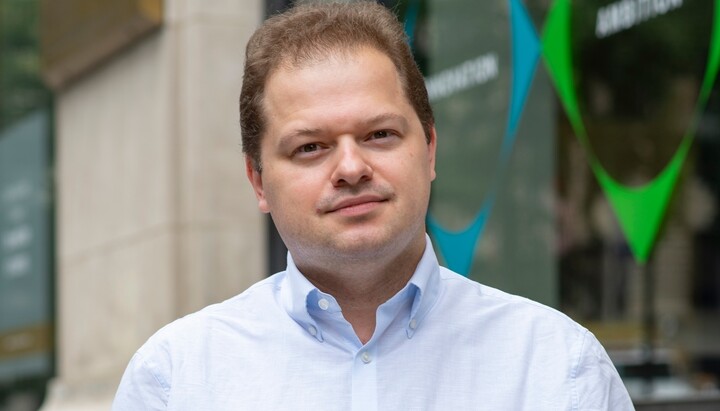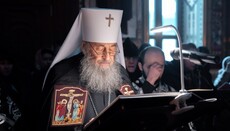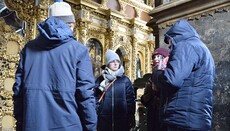DESS expert comments on UOC-ROC affiliation claims

In conclusion, a religious organization can be liquidated based on its canonical affiliation – this has been repeatedly criticized by international organizations.
The recognition by the State Service of Ukraine for Ethnopolitics and Freedom of Conscience of the Kyiv Metropolis of the Ukrainian Orthodox Church as affiliated with the Russian Orthodox Church (ROC) is the basis for issuing a directive to eliminate the affiliation, and subsequently, for filing a lawsuit. This was written on his Facebook page by Dmytro Vovk, a leading lawyer in the field of religious law, candidate of legal sciences, director of the Center for the Study of the Rule of Law and Religion, and member of the expert council of the State Service of Ukraine for Ethnopolitics and Freedom of Conscience (DESS).
The lawyer commented on the main provisions of the DESS conclusions.
He notes that they were compiled by a research group. This time, DESS abandoned the use of a group of formally independent experts and created a group consisting of DESS staff. Vovk emphasizes that the group members are not specialists in canonical/church law.
"This is a weak point, as the research group consists of civil servants and, accordingly, is not independent of the position of the DESS head and other executive authorities," writes the expert.
In the conclusion, DESS attempts to prove that the status of the UOC "is not independent" because it is not autocephalous and not close to it.
The DESS expert draws attention to the fact that the conclusion contains a reference to the ROC Statute, which includes a provision on the UOC as part of the Moscow Patriarchate.
"This is an interesting point, as DESS representatives publicly voiced the thesis that it is enough for an organization from the UOC system to declare that it is not affiliated with the ROC, and that would be sufficient," he recalls. "As expected, this is not enough."
Vovk notes that the mere mention of the UOC in the ROC Statute is grounds for concluding affiliation and, accordingly, prohibition. "The conclusion continues the line that a religious organization can be liquidated based on its canonical affiliation, which has been repeatedly criticized by international organizations," adds Dmytro Vovk.
In his opinion, the DESS conclusion effectively acknowledges that there is no point in considering the issue of affiliation of each specific organization within the UOC. "If the UOC is affiliated with the ROC, then all its organizations are also affiliated. Accordingly, this conclusion creates grounds for the liquidation of any organization within the UOC structure," he writes.
The lawyer summarizes that, based on the conclusion, an order will be issued to eliminate the violations (cessation of affiliation), which, in turn, will serve as grounds for going to court. He explains that the law provides a simplified procedure for handling such cases: all claims are heard in the appellate court located in Kyiv, and besides DESS, the prosecutor’s office can also file claims.
"The specific nature of legal mechanisms is that they rarely work in reverse. That is why I have repeatedly emphasized that the law 'banning the UOC,' once adopted, is not a tool for political pressure or bargaining that can simply be 'played back'. One way or another, it will lead to its consequences," concludes Dmytro Vovk.
Earlier, DESS expert Dmytro Vovk stated that the UOC ban contradicts international law.











